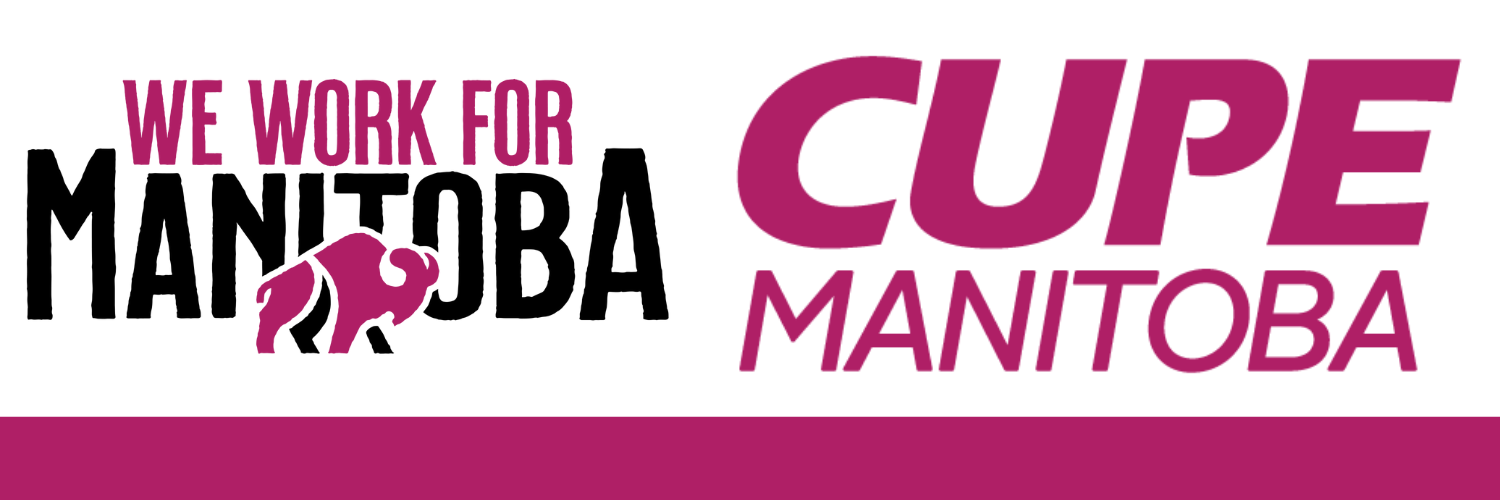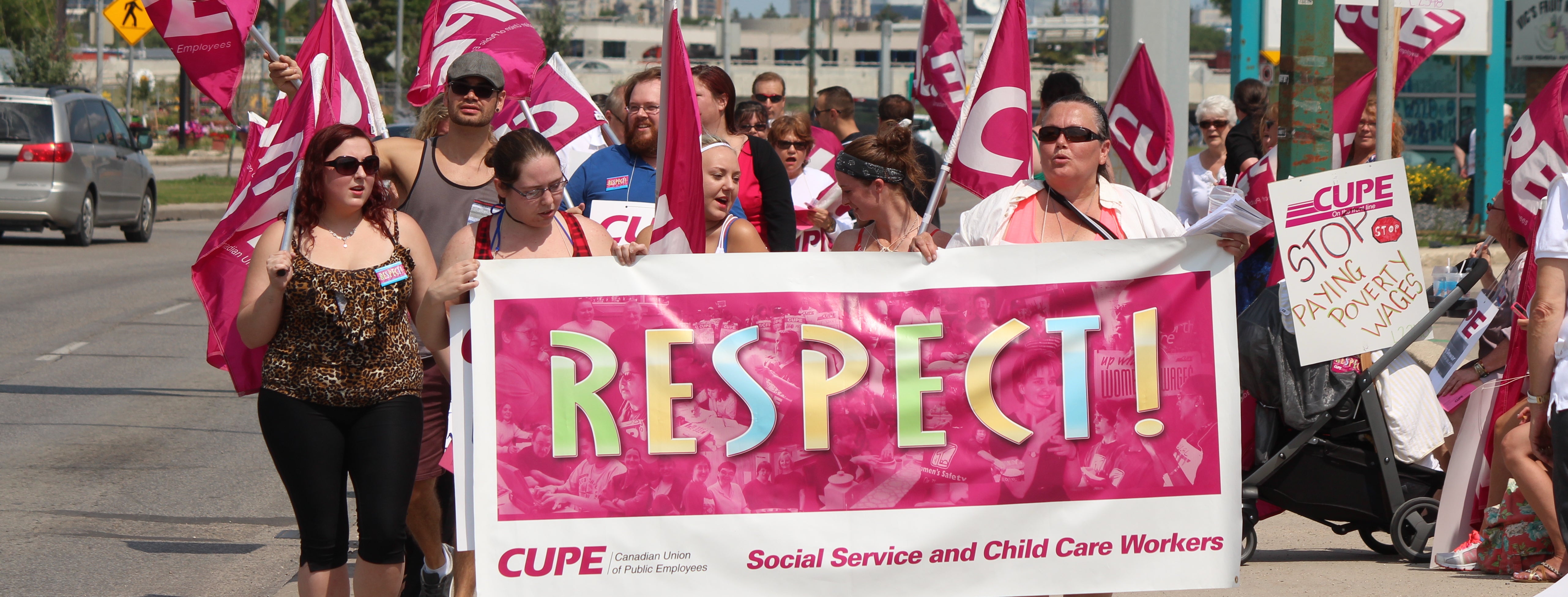WINNIPEG – One hundred years ago today, women in Manitoba became the first in Canada to win the right to vote and hold office in provincial elections.
“Women like Nellie McClung were trailblazers for all those who came after,” said Kelly Moist, President of CUPE Manitoba. “In Manitoba we have a strong legacy of activists fighting for social justice, and we’re proud of our strong feminist roots.”
The labour movement and feminist movement have always had close ties throughout history and many shared fights for social justice and women’s rights continue to rage on today.
Women are among the lowest paid workers across the country, and are more likely to not receive the same level of pension or benefits as men, by virtue of the type of work performed by women. Jobs in health care, child care, education, and social services are still among the lowest paid work in Canada, and there is no coincidence that these jobs are predominantly performed by women and newcomers.
Credit must be given to the Manitoba government for consistent pay increases, as well as efforts to enhance wages in the lowest paid sectors including support workers in community living and child care. The province has also consistently increased the minimum wage, but the pay gap still exists and must continue to be remedied.
Manitoba has also been a leader in breaking down barriers for transgender workers, and the Winnipeg School Division is currently drafting policy that would ensure students and staff could be addressed by the pronouns they choose.
“The fight for gender equality continues to this very day; women’s work is still devalued and not respected in the same way as the work of men,” said Moist. “It is our job as the labour movement to fight for women’s rights in the workplace, and we will continue to push for fair contracts that ensure everyone is treated equally, regardless of gender or gender expression.”
Aboriginal women and girls in Manitoba and across Canada continue to face disproportionate levels of racially motivated gender-based violence, and Manitoba has been a centre of grassroots-led activism to fight against racism and misogyny.
It is also important to acknowledge on this date that not all women received the right to vote on January 28, 1916. Aboriginal women and many immigrant women were excluded.
It wasn’t until 1947 that Chinese and Indo-Canadian women (and men) were granted the right to vote, and in 1948 Japanese women (and men) were granted the right to vote.
In 1952 Aboriginal woman and (men) were granted the right to vote, and it wasn’t until 1960 that Aboriginal women (and men) were allowed to run for office without giving up their treaty rights.
CUPE Manitoba represents 25,000 members in health care, education, municipalities, libraries, universities, social services, public utilities, transportation, emergency services and airlines.

